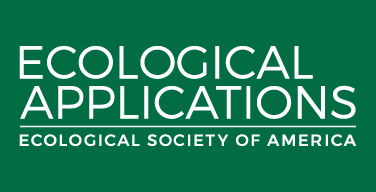
Prescribed fire history affects pollinator diversity in southern forests
Landscapes with diverse fire histories – or pyrodiverse landscapes – have higher diversity of pollinators, as a recent study by USDA Forest Service scientist Michael Ulyshen shows.









